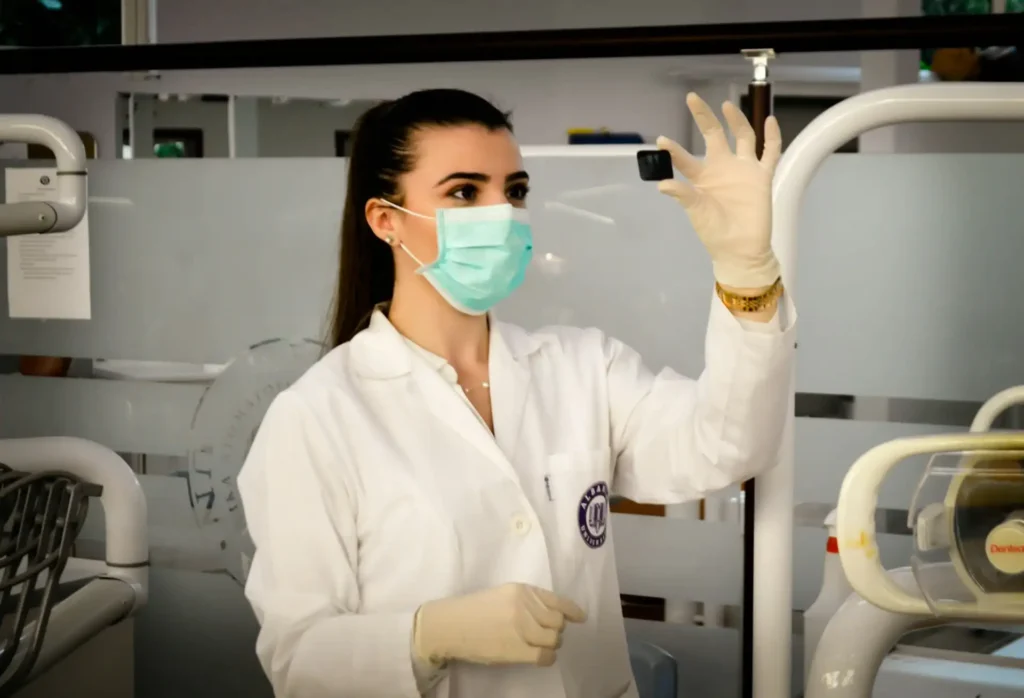Traveling is often associated with leisure, adventure, and creating unforgettable memories. However, recent studies suggest that travel might also play a significant role in combating the signs of aging, both mentally and physically. From reducing stress to fostering social connections, the benefits of travel extend far beyond the enjoyment of new experiences.
1. Stress Reduction and Mental Health
One of the primary ways travel can help fight aging is through stress reduction. Chronic stress is known to accelerate aging by increasing the production of cortisol, a hormone that can have detrimental effects on the body over time. Traveling allows individuals to step away from their daily routines and responsibilities, providing a much-needed break from stressors.










By immersing oneself in new environments, whether it’s lounging on a beach, exploring a bustling city, or hiking in nature, travelers often experience a significant decrease in stress levels. This mental rejuvenation can lead to improved mood and overall well-being, which are crucial for maintaining youthfulness.
2. Physical Activity and Adventure
Travel often encourages physical activity, whether through walking tours, hiking, or engaging in sports. This increased level of activity can help maintain physical fitness and promote a healthier lifestyle. Regular exercise is linked to numerous health benefits, including improved cardiovascular health, enhanced mobility, and better mental acuity—all factors that can contribute to a more youthful appearance.
Moreover, trying new activities, such as scuba diving or zip-lining, can boost adrenaline and create a sense of excitement, further invigorating the body and mind. Embracing adventure during travels fosters a positive attitude toward life, which can also counteract the aging process.
3. Social Connections and Relationships
Travel often opens up opportunities to meet new people and strengthen existing relationships. Social connections are vital for mental health and longevity, with studies indicating that strong relationships can lead to lower risks of chronic diseases and longer lifespans. Engaging with different cultures and forming new friendships while traveling can enhance one’s sense of belonging and community.
Whether traveling with friends, family, or fellow adventurers, these shared experiences create lasting bonds and cherished memories. Stronger social ties are known to improve mental health, reduce feelings of isolation, and enhance overall happiness—all of which contribute to a more youthful outlook on life.










4. Lifelong Learning and Cognitive Benefits
Traveling exposes individuals to new cultures, languages, and experiences, which can stimulate cognitive function and creativity. Engaging with unfamiliar environments encourages adaptability and problem-solving, keeping the brain active and agile. This mental engagement is essential for combating cognitive decline as we age.
Additionally, the act of planning and organizing trips can enhance cognitive flexibility, making travel an excellent way to keep the mind sharp. Embracing new experiences also fosters a growth mindset, encouraging a lifelong pursuit of learning and exploration.
Conclusion
Travel is more than just a fun escape; it has the potential to contribute to a healthier, more youthful life. By reducing stress, promoting physical activity, enhancing social connections, and stimulating cognitive function, travel can play a vital role in fighting the signs of aging. So, whether it’s a weekend getaway or an international adventure, prioritizing travel can be a transformative experience that not only enriches your life but may also help you feel younger for longer. Embrace the journey—your body and mind will thank you!




